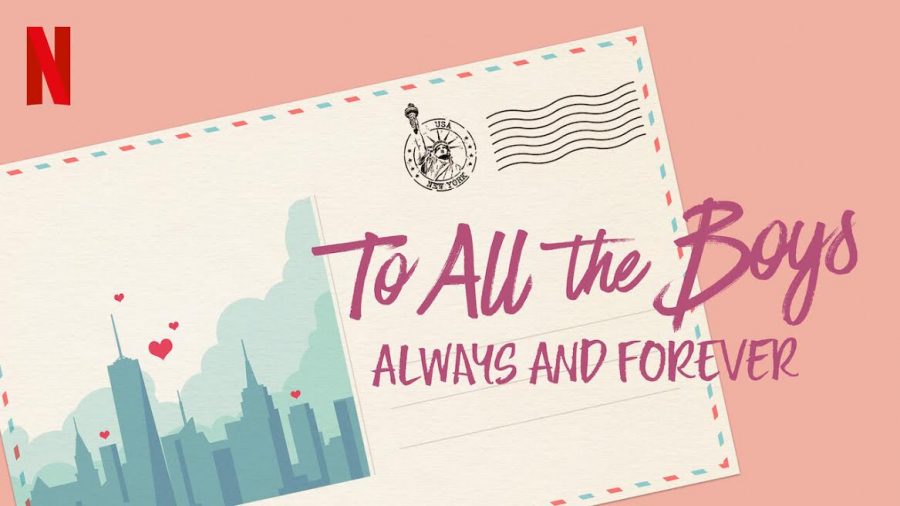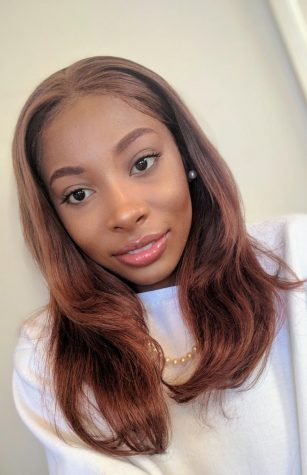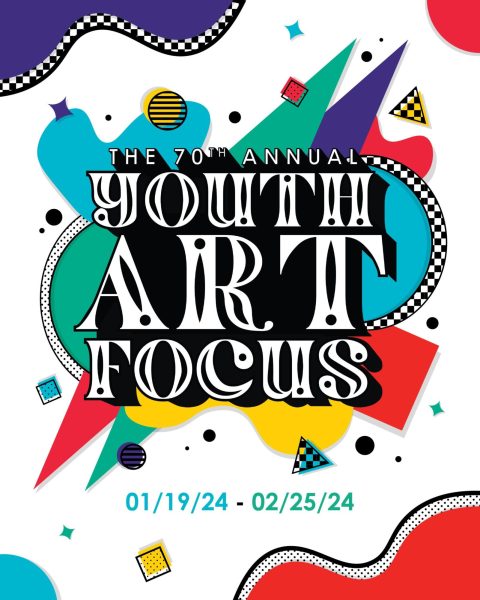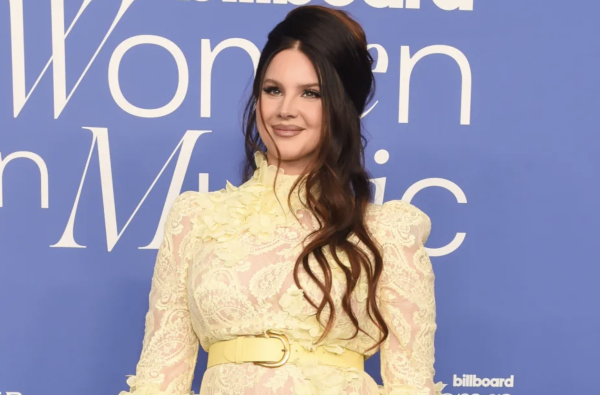‘To All the Boys: Always and Forever’: another hollow, superficial Netflix original
Not all good things come in threes. The third installment in the To All the Boys movie trilogy is the perfect example.
February 24, 2021
The highly anticipated finale to the To All the Boys film series just released this month. And while the streaming search engine Reelgood reported it to be last week’s most watched movie on Netflix, I found it to be just another piece of optical and auditory rubbish that didn’t live up to the promotional puffery it received.
The day following the movie’s release, I found myself cozying up in the living room, TV remote in hand. What better way to spend a Saturday afternoon than watching a rom-com?
I put on the newly released film and settled in for what I hoped would be an enjoyable two-hour-long escape from reality.
The hour and 55 minutes inched by agonizingly slow. It felt much like watching a snail take on the 100- yard dash.
When the movie ended and the end credits rolled, I found myself reflecting on what I had just spent my time watching.
To All the Boys: Always and Forever is a coming-of-age, teen romantic comedy directed by Michael Fimognari. He is the same director of the film’s prequel, To All the Boys: P.S. I Still Love You.
The film series is based on a trilogy of novels penned by New York Times bestselling author, Jenny Han. Han is of Korean descent.
Lana Condor and Noah Centineo reprise their roles as Laura Jean Song Covey and Peter Kavinsky, in this film. The cast also features Janel Parrish and Anna Cathcart as Laura Jean’s older sister, Margot, and younger sister, Katherine “Kitty,” respectively.
To All the Boys: Always and Forever, began streaming on Netflix on Feb 12 – just in time for Valentine’s Day.
The flick tells the age old story of high school sweethearts transitioning into adulthood, as Laura Jean and Peter navigate through senior year and prepare for graduation and college.
They plan to attend Stanford University together. Laura Jean even goes as far as daydreaming about them graduating college, moving in together, and getting married. That plan, however, goes awry when our female protagonist is not accepted into the school.
L.J. and P.K. come up with a solution, though. Laura Jean can just attend Berkeley, which is only an hour away from Stanford. This will allow the couple to see each other on the weekends. Laura can then simply transfer to her boyfriend’s school, after a year.
Problem solved, right? Of course not. A senior trip to New York City and the kidnapping of a pink sofa throw an even bigger – and more unnecessary – wrench in the plot.
To All the Boys: Always and Forever is everything that is wrong with teenage love stories. There are indecisive characters stressing out about petty things, breaking up about even pettier things, and getting back together in the most unoriginal ways.
On one hand, Laura Jean and Peter are so mad about each other that they can hardly bear to say goodnight. On the other hand, they both start having doubts that they can be in a successful long-distance relationship, which ultimately leads to their breakup.
Don’t worry, though – in the most cliche way.
In the first two films in this trilogy, Laura Jean has a rival, who just happens to be her best friend’s cousin – but that’s a story for another day. Gen, Laura Jean’s rival used to date Peter. (A rival, who becomes the ex of the protagonist’s new significant other, how original.)
Anyway, at the end of the second film, Laura Jean and Gen are able to bury the hatchet and become somewhat-friends.
That leaves this third movie without a single antagonist – unless you count the Korean boy who upsets Kitty with his dislike of Harry Potter books. Don’t ask.
But in all seriousness, this movie has no antagonist. There’s no angry ex. There’s no controlling parent. The only source of conflict comes from Laura Jean trying to decide what school to attend and the eventual breakup, the latter of which only accounts for around 15 minutes of screentime.
Overall, the plot of To All the Boys: Alway and Forever felt empty and incomplete.
With the main character and her sisters being half Korean, it comes as no surprise that the culture would be highlighted in the film series. The way this film, in particular, does it feels unnatural and superficial, though.
The movie opens with “Gee” by Girls Generation, a female K-pop group. As the song plays on, we witness the Covey clan on their spring break trip to Seoul, South Korea.
They enjoy a sauna. They go to adorable cafes. They sing karaoke. Laura Jean writes Peter a cute postcard. (Korea is known for having cute stationery.)
Showcasing these specific things, while fun, didn’t feel like a real representation of the Korean culture. Lots of us already know about the cafe culture in Korea. Show us something with more depth and meaning.
I feel like this would have been a nice opportunity to educate the audience on Jenny Han’s – the author of the books – culture. They missed out on doing that. The result? A very surface level opening.
And while on the topic of Korean culture, that leads me to my last – and possibly most irritating – issue with this movie.
None of the main cast members are Korean.
Lana Condor, the actress playing Laura Jean, is of Vietnamese descent, while Janel Parish and Anna Cathcart are Chinese and Caucasian.
I have nothing against giving people a chance, even if they may not be the “perfect” fit for the role. At the end of the day, talent is more important than looks.
Casting not only people who are of different ethnicities than the characters, but also different ethnicities than each other, just doesn’t seem right.
Considering the fact that the three females are portraying sisters, they look absolutely nothing alike.
Chinese people look different from Vietnamese people, who look different from Korean people. Not all Asians look alike.
The casting of this movie seems to imply that though.
Maybe I’m looking into it too much, and it’s not that deep. But I feel like giving three lesser-known Korean actresses a chance would have been a smarter and culturally appropriate decision.
Overall, the highly anticipated To All the Boys: Forever and Always, wasn’t worth the attention it received. It told an unoriginal story, displayed a shallow level of cultural awareness, and had a sheer lack of plot. This is one book-to-film adaptation that should have never and by no means been made.











